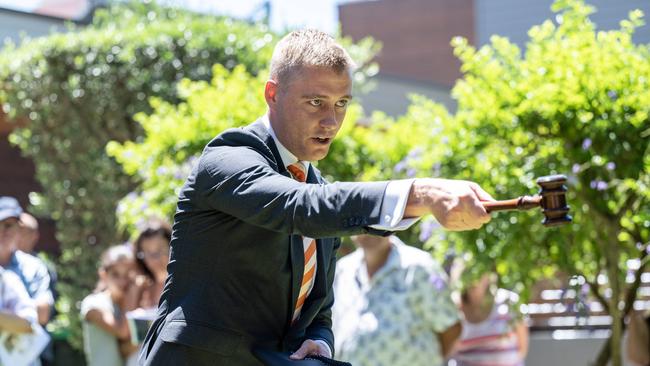
Growing up, I subscribed to the dream that each generation would better themselves; wasn’t that the trajectory of the good life for Australians? I did better than my parents, and thus my own children would do the same. It was the expected, generational cycle of life among working class families, the great Australian dream that had property at the heart of it.
Yet the headwinds for our younger generations are so very strong now. Cruelly so. Because of the smugly comfortable voters of the Silent Generation, the Boomers and older Gen Xers who’ve gamed the system so lucratively in their favour over the years, denying younger Australians a sense of financial security. Older generations have left a legacy of stress to them, a corrosive sense of uncertainty. There are the indignities of a ruthless gig economy, the anxieties of casual employment, the impossible quest for so many of home ownership and the careless brutalities of the rental market. No wonder anxiety among the young is increasing.
A lack of control over any situation leads to despair, anxiety, depression. We crave certainty as a condition for good living, as an anchor in life. Uncertainty is stressful to live with; it affects our mental health, our sense of wellbeing, our relationships. Have you ever experienced the indignities of the gig economy? Ever hustled to be paid? To get super? To be given the dignity of certainty? It’s demeaning to live pay packet to pay packet, to ration food because you can’t afford to properly eat. It’s the reality for many Australians now.
A 1980s fairytale: Once upon a time a 19-year-old uni student got on the housing ladder. She had a part-time job on the sausage counter of David Jones’ food hall and attended her first ever auction barefoot, where she bought a bedsit in Sydney’s Kings Cross. With no deposit. Her family had no money to give her, no way to support her. How did she do it?
Well, her father had something precious and wondrous to offer her, more character-building than any bounteous sum of money. It was the gift of a signature. Her father signed as her guarantor on a bank loan for that bedsit, trusting his daughter would never renege on repayments, because his house was on the line. He’d left school himself at 16 to go down the pit and subscribed to the belief that property was the only way to make a decent buck in life. The great Australian dream. The dignity in it.
That signature was the greatest gift my father ever gave me. It set me up for life, and my God I wish I could do something like that for my own children. They should be so lucky. I have no method of helping them in any equivalent way and that breaks my heart. It’s an impossible fairytale now. We have regressed so much, as a nation, in terms of opportunity.
At the recent All About Women festival, Egyptian/American feminist Mona Eltahawy spoke of the nuances around labelling someone as poor. “I prefer to say ‘under resourced’ and ‘impoverished’ as oppposed to ‘poor’ – because that shows you where the violence comes from.”
The violence, yes, that older generations have wreaked upon younger ones. Because the number of cruelly insecure jobs is on the rise, wages aren’t even close to keeping up with inflation and it’s imposible for so many to get a leg-up into home ownership like I did once. And it’s our younger generations – never better educated – who are feeling the generational cruelty of this. The cruelty of uncertainty.








We have bequeathed uncertaintyto our younger generations. I feel the chill of the future for my own children. Know it will never be as easy for them to make their way in the world as it was for my generation. As they try to land secure and stable jobs. To procure mortgages. To launch themselves onto the property ladder.